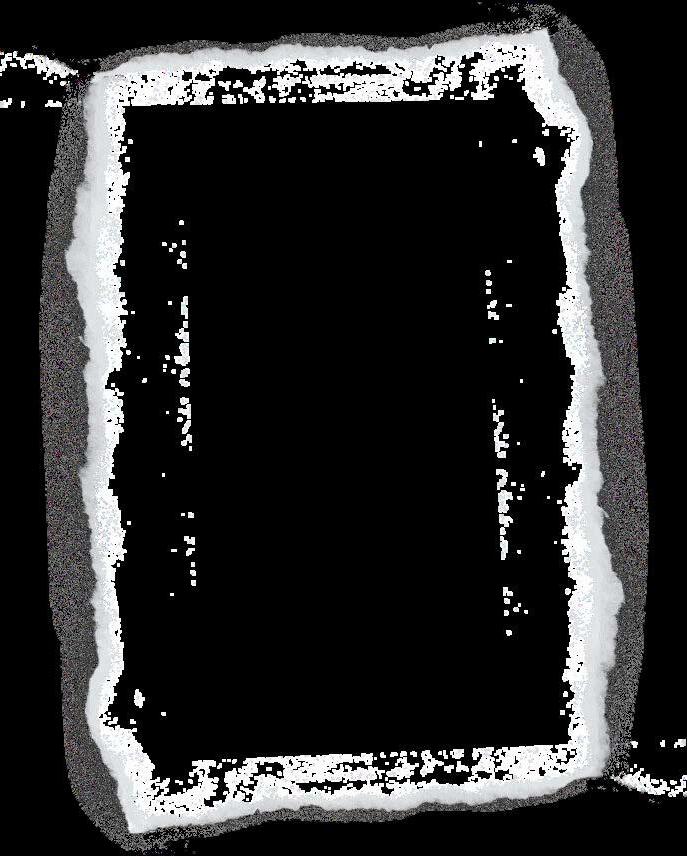Ms. Balikis
Creative Writing 10
May 28, 2024


This is a collection of some of the most treasured poetry from Stjórna. The title, a collection of stjörnur, is a play on words, as “Stjórna” is the name of the city, while “stjörnur” means “stars”.

Introduction
In Stjórna, poetry is a common form of communication. Because members of the Manna and the Rokklan, the upper social classes, all have a hard time hearing due to their shriveled ears, they expect all dwellers to use written communication and/or sign language with them instead. Both prose and poetry are used in writing, but many dwellers are particularly fond of poetry because of how it allows them to freely express themselves and explore their creativity. So, it only makes sense that free verse would be the most popular form of poetry; since a variety of forms of poetry are prevalent in society, dwellers have no problem experimenting with interesting and effective, if unconventional, ways to communicate their ideas in poems. Moreover, since nearly everyone writes poetry and thus are poets, dwellers who become “professional poets” and write poetry for a living are mostly not treated any differently than dwellers in other professions. However, there are exceptions, like for those who have produced timeless works that have remained culturally important and relevant throughout the centuries. Take for example, Taja Lygar, the renowned poet who wrote the most famous collection of poems in Stjórna, The Clearing. Originally published in 1795, the collection features 6 poems, one about each Sister (“The Cursed Threads”, “Flame of Breath”, “Drunk”, “Flute”, and “Odd Nature of Air”) and a sixth that reimagines the Battle of Clearing, titled “they lay”, which is featured in this collection. In conclusion, poetry is one of the most valued forms of communication and self-expression in Stjórna, and a collection of stjörnur showcases some of the highlights of this important aspect of Stjórnic culture.


When “they lay” was first published in 1795, Taja Lygar’s account of events was received as a factual recounting of the Battle of Clearing. Throughout his lifetime, Lygar claimed to be one of the travelers who’d first met the Sisters in the Clearing. He made no secret of his distaste for them, demonizing them and referring to them as “witches” in all his poetry. However, over the years, dwellers realized that Lygar did not actually experience the battle for himself. Since uncovered records showed that none of the travelers were part of the mob that went out in search of the Sisters, the public eventually concluded that this narrative poem was likely a quite biased retelling of the infamous conflict. In the present day, though “they lay” is mostly seen as a work of fiction, it still serves as a reminder of the sickening power the Rarities hold.
Theme Statement
Taja Lygar in “they lay” explores fatal conflicts and suggests that when a person’s life is being threatened, they often lose sight of all morals and will do anything to protect and save themselves.

Taja Lygar, 1722 – 1808
Thewitchessnuckuponthem sneakilyandstartling CRACK
Ascarfturnedwhipbitingintosoftflesh leavingbloodygashesinitstrail cursedmelodiestransformingsharpweaponsintoharmlesstoys sicklysweetfumesleavingthepoorsoulsinablurrydaze Theyfoughtbackvaliantly butmightisnomatchfordarkmagic WHOOSH
Thehagskilledthem suckedthelightrightoutofthem stolethelifefromtheirlungs andleftthemscatteredontheground collapsedontopofeachother somebleedingout limbsfoldedatoddangles allasstillasstone theylayintheClearing reekingfromdaysofdecomposing Beforewefoundthem they lay
His Blood is on Their Hands
AitaModhur, 1892 – 1975
A precious soul gone ten decades too soon, His life worth less than their party tricks.
If only I’d known how to make him immune, Or if the lake he dove into had been the Styx.

That little child shared a whole half of my blood, And now there’ll be no more “that’s enough’s”.
If only he was swept away by a flood, Then only Mother Nature would deserve the cuffs.
The darkness wraps its cold arms around me, A simple hug has never felt this grim. Its deathly hands squeeze the breath out of me, The same way the water swallowed him.
That wretched melody broke my boy, Doomed him to a torturous death. They did this to my child, my light, my joy, And they will suffer for it, until their very last breath.

Theme Statement
Aita Modhur in “His Blood is on Their Hands” explores a parent’s grief and suggests that the pain of losing a child can spark vengeful anger in parents, especially if there is someone to be blamed for the death.

Aita Modhur was the mother of Piko Modhur (1916-1924), the young boy whose death spurred the Protection Revolution. Aita, a single mother, published this poem in 1925 as a vengeful elegy mourning her only child.
In 1924, Piko Modhur, only 8 at the time of his death, was looking to buy a Shawl for his mother from an apprentice Savant. As the story goes, he was running his soft fingertips across the fabrics, searching for a comforting Sensation, when his skin accidentally grazed one that left him convulsing in pain. Later, it was found that the crafted Shawl delivered a Sensation of electric shocks equivalent to being struck by a lightning bolt. Piko was quickly rushed to the hospital and given Wine to wipe the memory of the pain. However, the doctor underestimated the strength of the Wine and postmortem brain scans revealed that all of Piko's memories from the past five years had been erased. This must have been horribly disorienting and frightening for the young child, as some patients reported that he ran out of the hospital, calling out for his mother. No one is sure about what happened next, but the most widely accepted theory is that someone was experimenting with a Flute melody evoking immense despair and hopelessness; when Piko heard it, he became so distraught that he ran to the nearest lake and drowned himself. His body was found later the next morning.
Aita Modhur blamed her son’s death on the dwellers who’d been messing around with the Rarities. Later, this poem served as her political promise to the dwellers of Stjórna to never again let the Rarities take a life, as she and the rest of the Manna took control of the city in the wake of Piko’s death. The Manna, as promised, began their reign with the imposition of strict rules and regulations on the Rarities, nearly all of which remain enshrined in the constitution now. The descendants of the original members of the Manna continue to rule over Stjórna today.
i used look for you in the crowd scanning the faces for a glimpse of a tiny nose of thin lips of squinty eyes of wrinkled skin but only finding disappointments hundreds become thousands become too many to count sickly green in my veins burning so loud
i’ve searched north, east, west, and south anywhere and everywhere, toxins are all i’ve seen taut, satin skin as smooth as glass round doe eyes, a Disney dream full, plump lips, carved with Cupid’s bows sharp, hooked noses like an eagle’s beak either way, the venom is deadly but maybe it won’t reach us underground won't you come find me, just follow my sound

Theme Statement
The anonymous poet in “pick your poison” explores the loss of a relationship with a loved one and suggests that distancing from a person who one once loved is bound to be painful no matter the way they choose to go about it.


the burgundy drink floats me back to the day your precious liquid drug i was the one who walked away but you know i did it for us i knew it’d almost kill us both but pick your poison and so i hoped this one would be easier to choke down i used to look for you in the crowd but nowhere are you to be found in my chosen poison i drown

of Neita of the Clearing (1741-1867), who is widely considered to be the founder of Stjórna. Her journal was officially declared missing in 1885 and many dwellers speculate that one of the Savants of Music stole it and posthumously published Neita of the Clearing’s private journal entries as poems. This theory is supported by the fact that in the late 1870s, a series of mysterious poems emerged; they were all anonymous, without titles, and seemed to feature the same poetic voice. This untitled poem first appeared in an anthology in 1879, and later, celebrated singer-songwriter Kytt Myr turned it into a song called “pick your poison”. The song quickly gained popularity, especially among younger generations, and so the poem soon became known by the same title.
Among those who believe this poem was from Neita of the Clearing’s journal, there is division regarding what the poem is about. Many speculate that she was writing to her sisters, who many believe were the original Savants. It is widely accepted that after the Battle of Clearing, the sisters had some sort of dispute and parted ways, never meeting again in their lifetimes. After decades of analysis, many scholars have come to the conclusion that this poem was in fact a letter that Neita wrote to her sisters; however, there is no way to know for sure who the original poet was.

KNIVES PIERCE THROUGH THE SKIN









